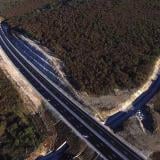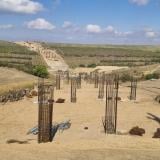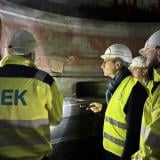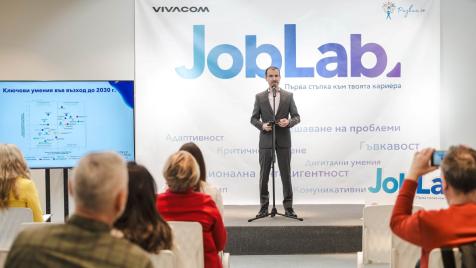It Is Time for a Great Change in Education
The dual system is a way for businesses and vocational high schools to create opportunities for training and career development of young specialists
Ivan Vutov, PhD. Executive Director of Geotrading AD:
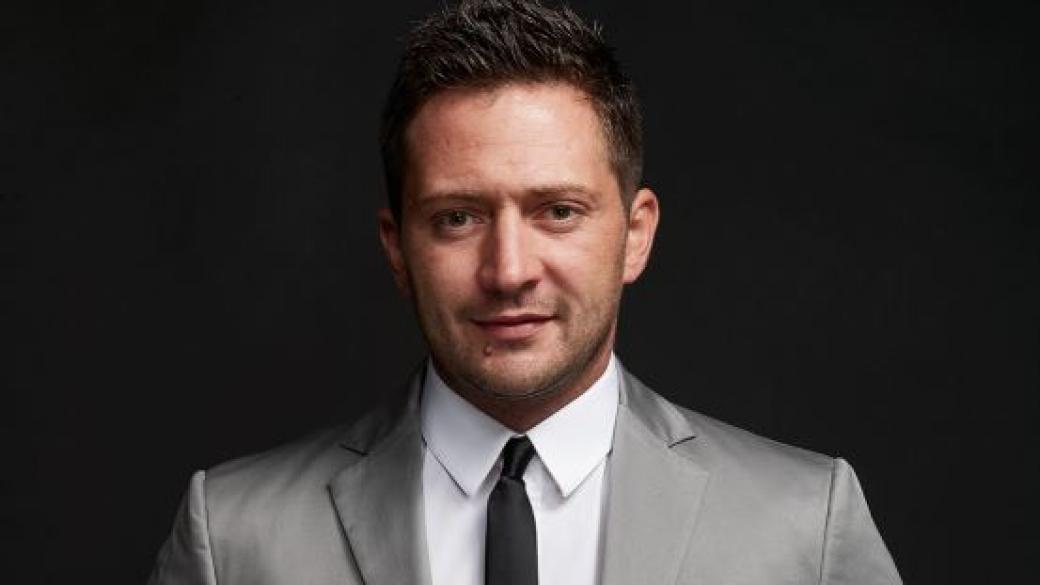
© ECONOMIC.BG / EconomyMagazine
Dr. Vutov, trained staff is one of the most valuable assets for the business. Does Bulgarian education meet this need of the companies for trained personnel?
Since there are open discussions about a needed reform in education, the entering of the business in it, etc., it is clear that it does not meet the demands of the companies. The educational programs should be updated, there should be more people from the business involved, the technologies used in the education system have to be modernized so that students, after completing a high school or university, have the necessary knowledge to apply in the real work environment.
What should be the role of businesses in supporting the country's education system?
The businesses and the state must be partners in improving the education system. We, employers, should not only point out the problems, but also work with the state towards their solution; to give guidance and to facilitate the implementation of the necessary changes. Some high schools and universities have excellent partnerships with companies from the respective industry. This is useful for both sides. It is also easier and quicker to work on a particular project with a high school or a university than to entirely change educational programs, etc., because this takes time - maybe even years, as well as a significant resource of specialists. It is obvious, however, that it is time for a big change because otherwise each employer would have to partner with a high school or a university in order to provide the necessary staff for the moment or for a future period.
The dual education system is one of the ways to prepare staff for the industry. Does it have to cover more educational establishments and how do businesses collaborate in this direction?
My opinion as an employer is that vocational high schools have to partner with businesses on dual-learning projects. Thus, the educational establishments will increase the interest towards the offered specialities, the students will acquire knowledge in a real environment by mentors, and then they will be employed by the partnering companies. This will benefit everyone - high schools, students and employers. After the completion of their secondary education, young people will have a job. This will give them a chance for a better and faster career development.
You are Deputy Chairman of the Confederation of Employers and Industrialists in Bulgaria (KRIB). What does KRIB do in terms of training of staff for companies?
In KRIB, an Education Committee was established a year ago. One of its main objectives is to improve the relation between businesses and education by including employers in the preparation of educational programs and providing guest lecturers.
The working group on the preparation of a proposal for the creation of an open platform aimed at the modernization of the education system in Bulgaria through the introduction of digital technologies - the Digital Transformation MoE Platform/Innovation Board, was recently established. In this platform, innovative ideas coming from businesses and citizens will be accumulated to aid the faster achievement of the strategic goals of the Ministry of Education and Science in the age of digital transformation. We have the assurance of Minister Krasimir Valchev that the Ministry and the Innovation Board will cooperate. Currently, the key priorities are being discussed and I hope that the accumulated ideas will be realised in practice.
The Geotechmin Group and Geotrading AD work with vocational high schools on dual-learning projects. How do you plan to develop this policy?
For the first time this year, several Geotechmin companies, including Geotrading AD, are partnering on a dual-learning project with the Agro-Technical Vocational School in Zlatitsa. The companies from the Geotechmin Group will provide the practical training of students in the Autotransport Technology speciality. 11 students have applied. They are not enough to form a separate class, and we expect that two specialities will be combined. The small number of applicants was expected as it comes as a result of the decreasing number of the population in the region. One of the reasons why we decided to be partners on a dual-learning project is exactly because this speciality has to continue its existence in the high school, which, without the support of private companies, could not happen. At this school, there are 130 children from different localities within the region. We will provide everything necessary for the adequate learning process of the students who have enrolled in this year's Autotransport Technology speciality. After graduation, we are ready to offer the young people a job.
What kind of measures could the state and the businesses apply to attract qualified staff?
I think that the state, of course with the support of the businesses, must prepare well-trained staff. For this purpose, as I have already said, the content of the educational programs should be updated, so that the knowledge acquired by the high-school and university students can correspond to the modern development of the companies. Businesses also have to invest in their employees - with trainings, and then offer them professional development. Companies attract well-trained staff with good salaries, social benefits and positive attitude. Employees need to feel valuable, to see the meaning in their work and the direction of development of the company they work in. This is the only way they will give their best and be satisfied.










